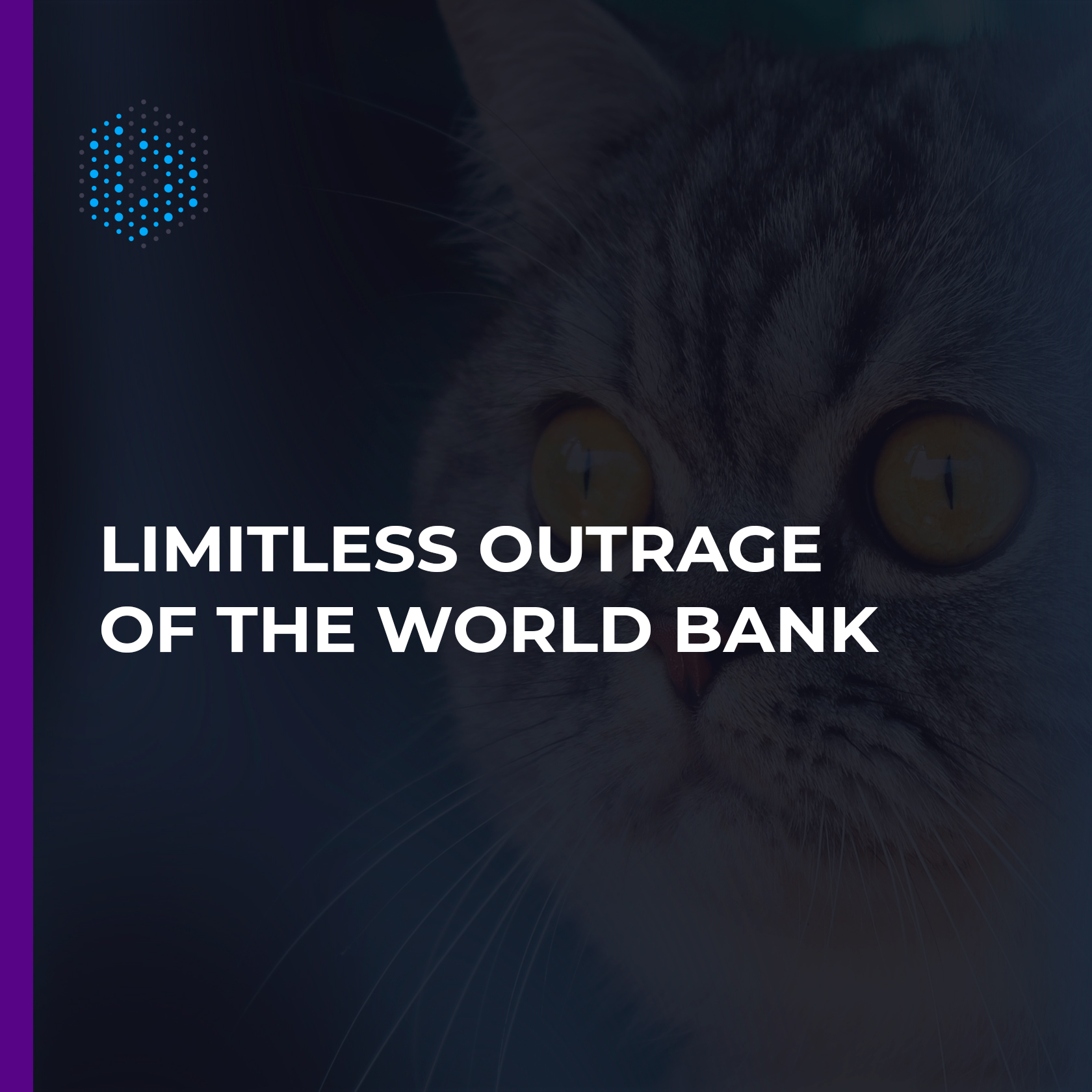El Salvador’s Leadership in Bitcoin Has Shaken the World Bank
For a relatively small country with a population of just six million and a low per capita income, El Salvador, which became the first country in the world to make Bitcoin legal tender on a nationwide basis, represents an outstanding example of forward thinking and savvy.
Limitless outrage of the World Bank
Just recently, El Salvador announced the adoption of Bitcoin as an official currency, which will probably give 70% of the population not covered by banking services access to a whole new world of financial services, including the ability to buy products online, receive wages electronically, use a wide range of electronic and Internet applications for everyday life, as in many highly developed and rich countries of the world.
In short, it was a smart move that empowers the country’s population without any dependence on foreign aid. He angered former US President Donald Trump to the point that his diatribe appeared on Fox News, in which he claimed that the US dollar would always be the world’s currency.
The move will also allow other countries in the region to follow the same path, as a precedent has already been set. In Latin America, Bitcoin has been the subject of extreme interest since its introduction eleven years ago, as the populace of countries like Argentina saw it as a path to freedom from government capital controls, inflationary paper currencies, and unreliable central banks.
Now the World Bank has stepped in, saying today that it will refuse to help the government of El Salvador implement Bitcoin as a legal tender.
This is clearly a sign that monetary policy-bound authorities, who rely on sovereign fiat currencies issued by central banks, are concerned about being displaced by peer-to-peer cryptocurrency.
Although the US dollar remains the national currency of El Salvador along with Bitcoin, it is fair to assume that BTC will be very widely used in everyday life in the country, since 70% of the population of El Salvador who do not have a bank account will need to use Bitcoin to modernize their daily lives.
Currently, they can only store cash at home, and use it in local stores, but the opportunity for the majority of the country’s population to participate in the electronic, global economy of services and employment, presents huge opportunities.
The government of El Salvador has asked the World Bank for help in preparing the country’s fiscal base for the rollout of Bitcoin, which has a deadline for full implementation in three months.
Precedent set
It may not matter, but El Salvador has already taken global leadership and identified itself as the first nation to do what many others would like to do. What follows will probably put El Salvador in an even stronger position, as it will do everything itself. True, even with the adoption of the Cue Ball, there are difficulties, which were tried to solve with the help of WBG, but…
“While the government did ask us for help on Bitcoin, this is not something the World Bank can support given the environmental and transparency shortcomings”, they added.
This is probably a politically correct way of saying that they don’t want to help any country that breaks free from the ruinous grip of the World Bank and global governments.
The International Monetary Fund (IMF) has taken a neutral stance, saying it has nothing against El Salvador’s adoption of Bitcoin, but anticipates macroeconomic, financial and legal challenges. This is a very vague statement, but at least they do not openly protest.
President Bukele of El Salvador has rightly said that his Government has made history and that the move will make it easier for Salvadorans living abroad to send money home. This is an important issue, as El Salvador currently relies on remittances for a large part of its economy. With a new empowerment of the local population.
Do you know how to know that something disruptive and innovative is going well? It is enough to see that this confuses authoritative world figures.
